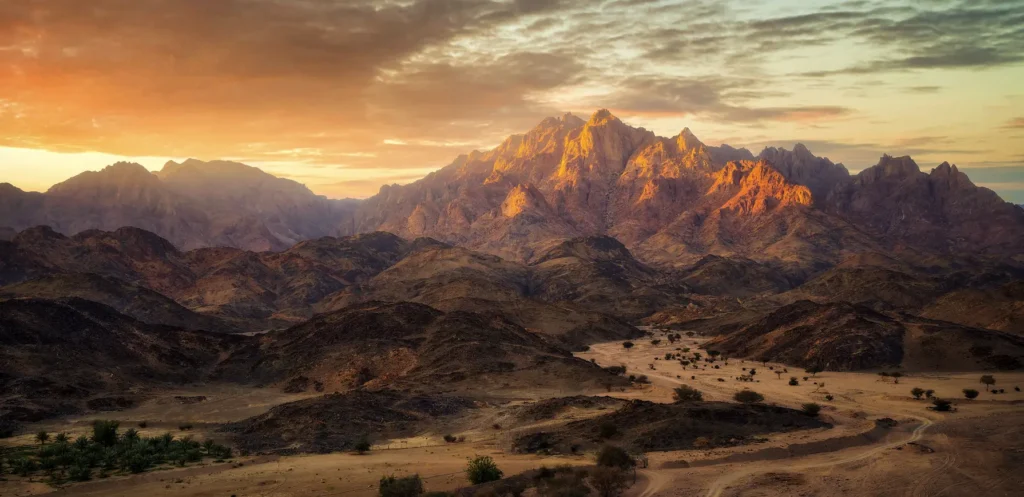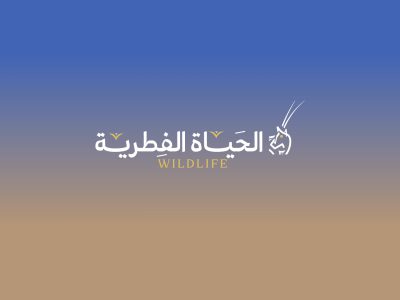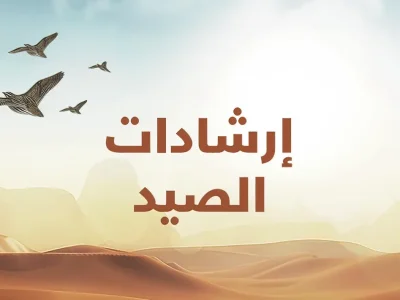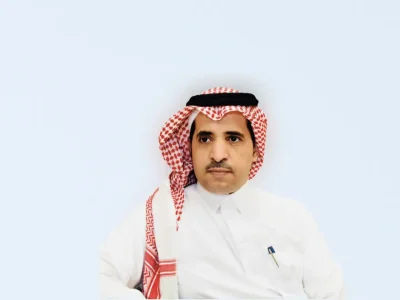As the world celebrates World Wildlife Day (WWD), Saudi Arabia proudly highlights its remarkable achievements in wildlife conservation, both within the Kingdom and across international borders.
As the world celebrates World Wildlife Day (WWD), Saudi Arabia proudly highlights its remarkable achievements in wildlife conservation, both within the Kingdom and across international borders.
Falcons Soar Again: The Hadad Program
A major milestone celebrated was the Saudi Falcons Club’s release of the first group of falcons outside the Kingdom, as part of the Hadad program. In November 2023, the initial release took place in Bishkek, Kyrgyzstan, marking a significant step in Saudi Arabia’s commitment to international conservation efforts. This initiative not only underscores the Kingdom’s dedication to protecting falcon species but also preserves the cultural heritage of falconry, which is deeply embedded in Saudi history.
The Hadad program aligns with Saudi Arabia’s broader mission to enhance biodiversity and ensure the sustainability of natural resources, driven by Vision 2030. Key to its success was the collaboration between
Our Responsibility to Protect Wildlife
Raise Awareness: Educate others on the importance of wildlife and the challenges it faces.
Support Conservation: Contribute to organizations working to protect wildlife and preserve biodiversity.
Reduce Consumption: Minimize the use of natural resources to protect wildlife habitats.
Advocate for Legislation: Support laws that safeguard wildlife from poaching and illegal trade.
Together, we can safeguard wildlife and create a better future for generations to come.
the National Center for Wildlife (NCW) and the Saudi Falcons Club. Together, they secured all necessary permits and established scientific criteria for both local and international releases. The falcon release followed thorough studies of the site, and satellite technology is now used to track the falcons’ movements, with the involvement of researchers and local communities from both Saudi Arabia and Kyrgyzstan.
This initiative not only helps boost falcon populations but also serves as a model for sustainable wildlife conservation on a global scale. The Hadad program received international recognition in 2021 when it was commended at the International Union for Conservation of Nature (IUCN) Conference in Marseille, France.
Reviving the Arabian Leopard
Saudi Arabia’s environmental efforts also include the restoration of the endangered Arabian leopard. This critical initiative focuses on breeding and reintroducing the Arabian leopard into its natural habitat, with the goal of ensuring its long-term survival. The program is a vital component of the Kingdom’s broader conservation strategy, reflecting its dedication to protecting native species and restoring ecosystems.
Champions for Migratory Species
Another highlight is Saudi Arabia’s recognition as a “Champion for Migratory Species” by the Convention on the Conservation of Migratory Species of Wild Animals (CMS). The award, presented at the 14th Conference of the Parties in Samarkand, Uzbekistan, recognizes the Kingdom’s leadership in addressing illegal hunting, capture, and trade of migratory species in South-West Asia for 2024-2026. This accolade reflects Saudi Arabia’s significant contributions to protecting biodiversity, led by the Custodian of the Two Holy Mosques and the Crown Prince.
What distinguishes Saudi Arabia’s approach to wildlife conservation is its integrated strategy. The Kingdom has launched a national environmental strategy, established regulations for hunting, and developed protection criteria for endangered species. These measures are supported by specialized environmental security forces and automated systems, promoting environmental awareness through targeted programs. Saudi Arabia’s comprehensive approach is setting new standards in environmental stewardship on both regional and global levels.

World Wildlife Day: A Call for Global Action
World Wildlife Day is an annual celebration of the diversity of plants and animals across the globe. From majestic big cats roaming the savannas to delicate butterflies in rainforests, this day highlights the importance of wildlife in maintaining ecological balance.
This year’s theme, “Connecting People and Planet: Exploring Digital Innovation in Wildlife Conservation,” emphasizes the role of technology in enhancing wildlife protection and fostering sustainable development. Through innovative digital solutions, individuals and organizations are making strides in safeguarding endangered species and restoring vulnerable ecosystems.
Wildlife plays an essential role in maintaining environmental equilibrium by stabilizing soil, controlling pests, and regulating climate. It also supports food security and provides critical resources, such as medicine, to communities around the world. Economically, wildlife contributes significantly to tourism and recreation, while culturally, it holds deep value in the traditions of countless communities.
However, wildlife faces numerous challenges, including habitat loss, pollution, overexploitation, and the impacts of climate change. Deforestation and urban expansion have destroyed natural habitats, while poaching continues to drive many species toward extinction.
| 50,000 | Species of wildlife that meet the needs of billions of people worldwide. |
| 1 in 5 | One in five people globally relies on wildlife for their livelihood and food. |
| 2.5 Billion | The number of people depending on wood fuel for cooking. |
| 1 Million | Species currently threatened with extinction. |




